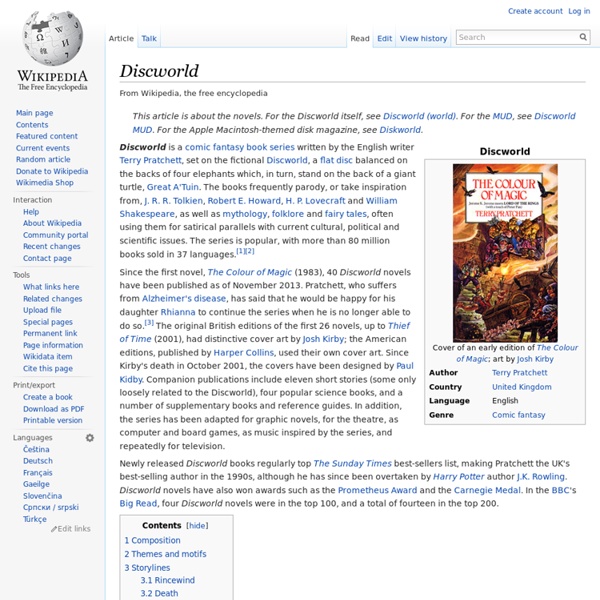



Happy With Hospital Birth Wonkette — The D.C. Gossip The Rebel Sell : This Magazine // Canadian progressive politics, environment, art, culture // Subscribe today If we all hate consumerism, how come we can’t stop shopping? Do you hate consumer culture? Angry about all that packaging? Irritated by all those commercials? Worried about the quality of the “mental environment”? This might seem at odds with the economic facts of the 1990s—a decade that gave us the “extreme shopping” channel, the dot-com bubble, and an absurd orgy of indulgence in ever more luxurious consumer goods. What can we conclude from all this? The answer is simple. That last sentence is worth reading again. This isn’t because the authors, directors or editors are hypocrites. One of the most talked-about cinematic set-pieces in recent memory is the scene in Fight Club where the nameless narrator (Ed Norton) pans his empty apartment, furnishing it piece by piece with Ikea furniture. In many ways, this scene is just a cgi-driven update of the opening pages of John Updike’s Rabbit, Run. 1. 2. 3. 4. Let’s be friends! Carolyn: Your father and I were just discussing his day at work.
From The Wilderness: Information on Peak Oil, Sustainablility, and the events surrounding 9/11 40 Places for College Students to Find Free Unabridged Books Online Jul 11, 2011 The cost of books can add up quickly for college students. Fortunately, there are a lot of great sites that offer free unabridged books online. Here are 40 of the best places to find free textbooks, audio books and full-text works of fiction and nonfiction. Bartleby - Bartleby has one of the best collections of literature, verse and reference books that can be accessed online for no charge. Where to Find Free Audio Books Online The following websites offer free audio books online. Audio Literature Odyssey - Complete and unabridged novels, poems, short stories and literary podcasts read by voice actor Nikolle Doolin.
Freestar Media, LLC Infobase Publishing - Home History Commons Barnes & Noble - Books, Textbooks, eBooks, Toys, Games & More Book Search Help Center - My Library FAQ For information on managing your Google eBooks, please see this article with instructions and tips. You can create a personalized library on Google Books which allows you to organize, review, rate, and search a customized selection of books. These collections are live online, and are accessible anywhere you can log in to your Google account. ) are publicly visible to friends who know the URL of your collection, so once you've built a collection, you can share it with them by sending them a link to your library in Google Books. Getting started... Step 1: Log in to your Google account You must sign in to Google Books using your Google Account in order to add titles to your library or write reviews. Step 2: Add books to your library Add a single book: You can add any book in the Google Books index to your library. The bookshelves that are marked 'public' (with the icon showing two people) will be published online. My Library and Privacy
Vice Magazine US Joseph Macé-Scaron réclame 100 000 euros à notre pédé préféré Le Downtown New York à la fin des années 1970, pendant la coke et avant le dass Le correspondant de VICE, Simon Ostrovsky, voyage depuis Tel Aviv jusqu'en Cisjordanie à la rencontre de jeunes colons israéliens. Pour ce shooting, Aliya Naumoff s'est mise dans la peau de Richard Avedon. Contrairement à ce qu’on aurait pu croire, San Francisco n’avait pas de musée dédié au vibromasseur avant le mois dernier. Un coup de langue pour la science « Qui s'y prend le mieux ? Un président noir au pays des années 1960 Instagram Le « shake and bake » est le pire fléau depuis l'apparition du crack Mais FanzinEra est là pour nous le rappeler Radium, un collectif d’artistes et de musiciens basé à Göteborg, en Suède, m’a invité à passer des films dans leur entrepôt à plusieurs reprises entre 1986 et 1987. Le plus long marathon en l'honneur du Based God Un dessinateur américain demande aux Français pourquoi Paris suce
Laurie Foos - Home Steve Harry Worst fiction writer